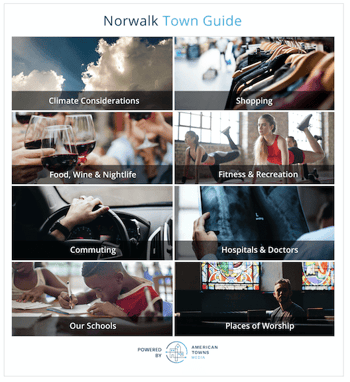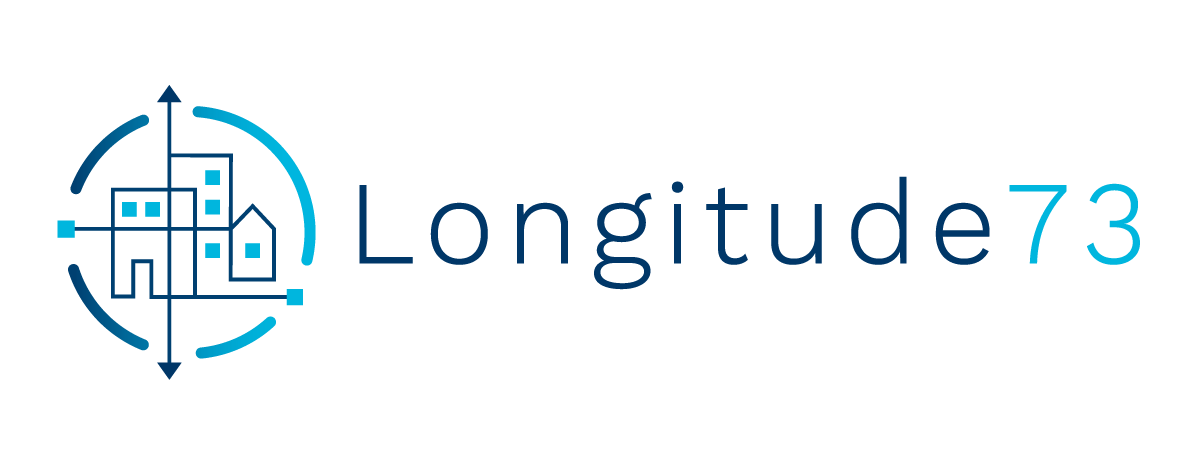The problem with selling a home generally isn’t the home. It isn’t the person selling the home (well, most of the time). And you know, it really isn’t even the price. The problem with selling a home by and large comes down to the first rule of marketing – something that applies to home selling just as much as it does to soda pop selling or car selling or anything-else selling.
Because the first rule of marketing is “it’s not about what the seller wants to sell; it’s about what the buyer needs to buy."
In other words, it’s not about the features you have - how fast you are or how well you can clean or, in the case of home selling, how many bathrooms you have. It’s about what the person you’re talking to, the person whose hard-earned money you’re trying to get them to fork over, what they want to buy. Or better yet, what they need to buy.
Curiously this is something that most marketers – and this applies to big Fortune 500 brands as well as little mom-and-pop startups – rarely think about, but it is why most marketing, and therefore most selling, is unsuccessful.
So, put yourself in the shoes of someone buying a home. What are they looking for?
Could be something as simple as what George Carlin used to call “a place for my stuff.” Could be buying a home is really code for “buying a status symbol.” Or buying a home could be “a better investment than just leaving my cash in the bank.”
Or it could be something more substantial. It could be buying a home is about more than the four walls. More than the yard. More even than the memories you will make there. It could be that, in a sense, when people are buying a home, they really aren’t buying a home at all.
They’re buying a community.

They’re buying a school system for their kids. But a school system that teaches the kinds of things they want taught the way they want them taught. They’re buying a place where they feel safe – whether that’s “in a city” because they think the countryside is “too quiet” or the countryside if you think that’s crazy talk. They’re buying the way they want to shop for things and the kinds of stores they want to shop at – from big modern mega malls to old-fashioned downtowns with mom-and-pops. They’re buying proximity to the kind of healthcare facilities that a particular family member might need. They’re buying access to a place of worship that might not exist in every town. And literally everything in between.
They’re buying a place that feels right to them in the right way they want to feel right.
Now, if that’s what people are buying, really buying (instead of just the number of bathrooms or the kind of counter tops or the amount of acreage for their poodles), then how do you – as either the listing agent or as an agent that’s helping a buyer find a home – frame up a house as being the one they need to buy?
You need to sell it in the context of the community.

And the thing about this context is, it’s not purely rational, right? Are big modern malls better than old time downtowns? Noisy neighbors more reassuring than crickets? Of course not. They’re totally arbitrary. Which is why selling is still an art and not a science. And why you need to arm yourself with the best tools and tactics you can, while still paying close attention to the people you’re talking to, to see what they respond to.
Some agents are relying on blogs, social posts, or even neighborhood sites like Nextdoor, which is exactly what smart real estate agents and brokerages are doing – albeit on an ad hoc basis. According to a recent survey by WAV group, some agents are relying on blogs, neighborhood sites or Nextdoor, a private social network serving local communities to deliver real local knowledge. All because an overwhelming number of agents and consumers in that survey indicated that local knowledge is “very important” or “extremely important” to them. And some companies are getting in to the act as well; Keller Williams, for example, has even gone so far as to create Kelle, an AI-powered virtual assistant which provides hyper-local market reports right to their real estate agents’ phones. On the listing service side, Trulia Neighborhoods is trying to solve the problem (albeit currently with a small sample size) and AreaVibes, a livability scoring site, has an affiliate relationship with Realtor.com
But is there a more comprehensive, reliable and user-friendly approach to delivering relevant community information that people are looking for when buying a home? A system that can help the 7 out of 8 real estate agents cited in that same report who admitted they aren’t actually specializing in neighborhoods – despite knowing how vitally important it is? That can help by presenting their listings in the context of real, consistent, insightful information about the communities home buyers are looking at – to convince them that these real estate agents are providing the advantage they need?
Our solutions are precisely what real estate agents and brokerages are looking for. The community spotlight with the essential information that home buyers seek – and that realtors can use to become the top real estate agents in their market.
Our unique access to highly localized data delivers home buyers a mix of highly relevant insight at the community level, at the neighborhood level, and even at the listing level. Not just educating home buyers but arming them with information that allows them to compare and contrast properties in ways that speak to their real needs. And in ways they never could before.

Information about the schools, the community, the shops, the hospitals, the doctors, and even home inspectors and handymen – information that usually only people who already live in those communities know. Insider intelligence about the neighborhoods and towns that you’re really selling that will help the home you’re representing cut through the competition. That will convince people buying a home that you are the agent or brokerage they’re looking for. And do it before they even meet you, because it can be seamlessly integrated into your digital presence.
In summary, here are 3 tips for selling more than a home when you’re trying to sell a home
- Use your website to tell home buyers when they are in the very first stages of research that you have local community expertise – and back it up with real information to prove it.
- Feed both the left brain and the right brain. Market data, median home price, tax info, and the like are a must have – but insights about neighborhoods, proximity to doctors and hospitals, places of worship, dog parks and the rest show you know the area like a local.
- Be an active participant online by sharing your recommendations, favorites, news and discoveries to constantly remind the public that they can count on you for expert local information.


